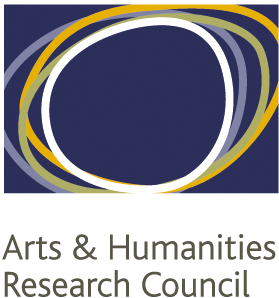Project
Decision-making on the web is an AHRC-funded project investigating how people make cognitive decisions about information they encounter on the Internet.
New information environments change the nature of searching both by altering what information is available and how information is presented for access. Studies of search behaviour give rise to new understandings of how people interact with information, how they analyse information resources and how information systems can be designed to facilitate information access.
This project will investigate, through a series of observational and experimental studies, the decisions made by people searching the Web. Specifically we are interested in how the features of Web pages, such as the textual content or the visual presentation of pages, are used to make interactive search decisions and how the construction of Web pages influence a searcher's decisions about what pages are useful to their search. This study will exploit the relatively novel investigative technique of eye-tracking which allows us to analyse search behaviour by detecting how a searcher visually assesses information.
Our study aims to answer the following research questions:
- What features of Web information are used to make interactive search decisions?
- How do these features relate to relevance criteria identified in previous research?
- Are features of Web information used in similar ways by different searcher groups and for different search tasks?
- How can we improve the presentation of Web information to optimise the search experience?
